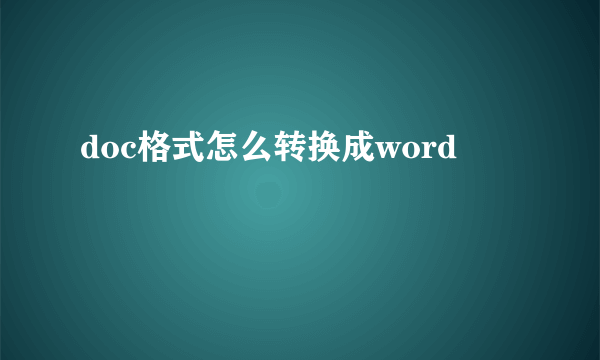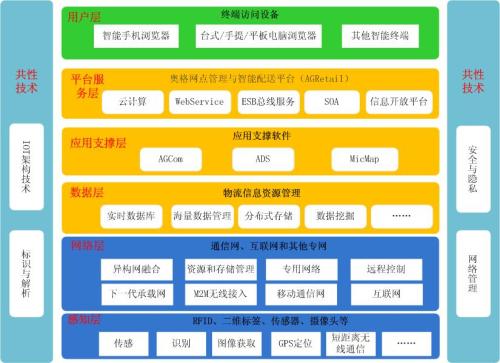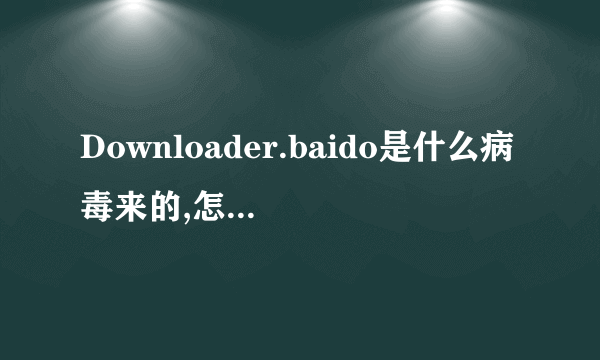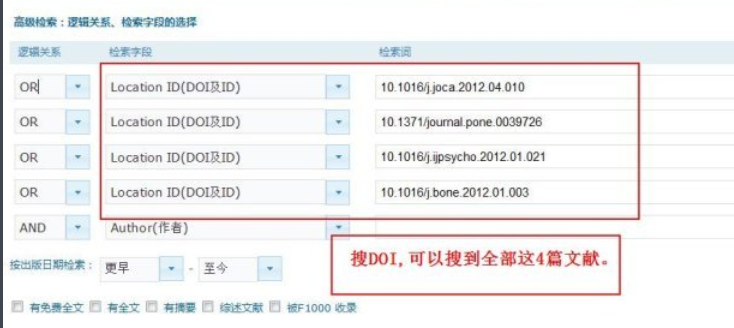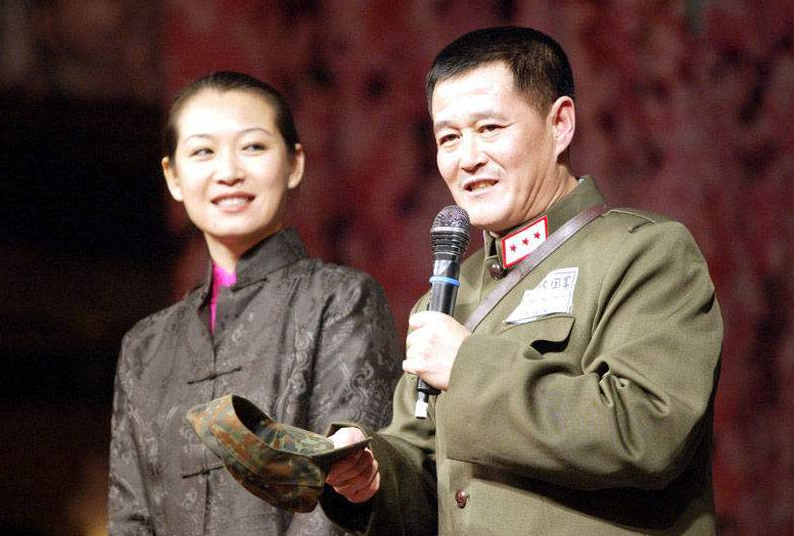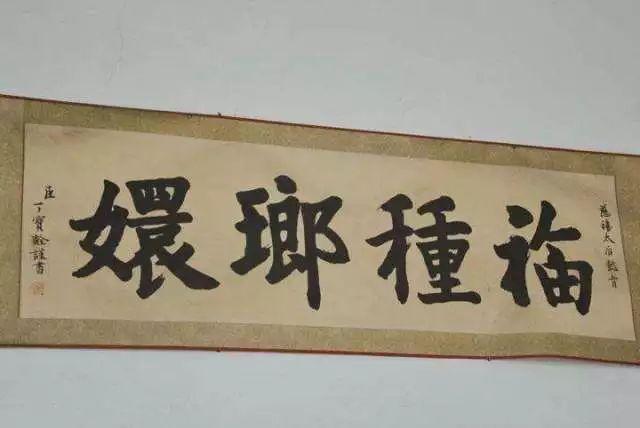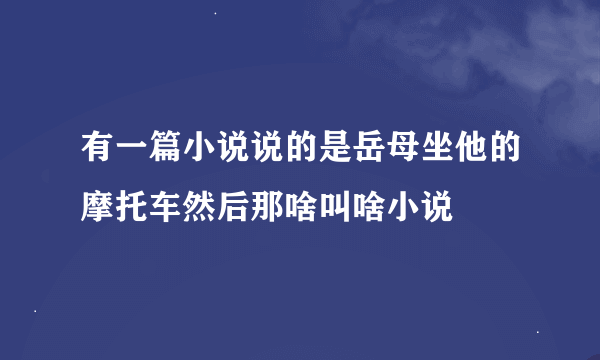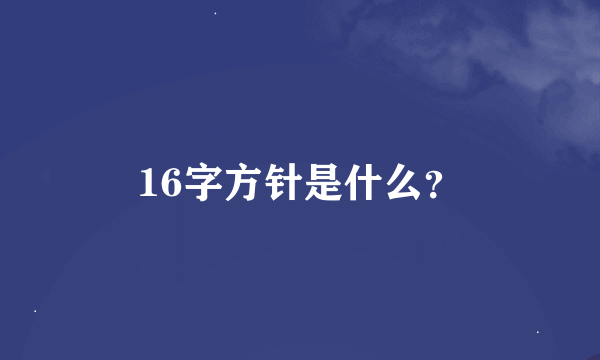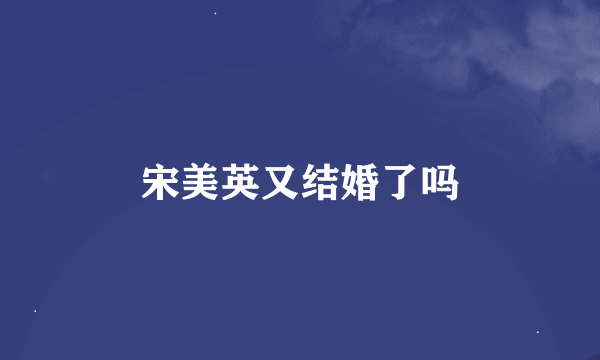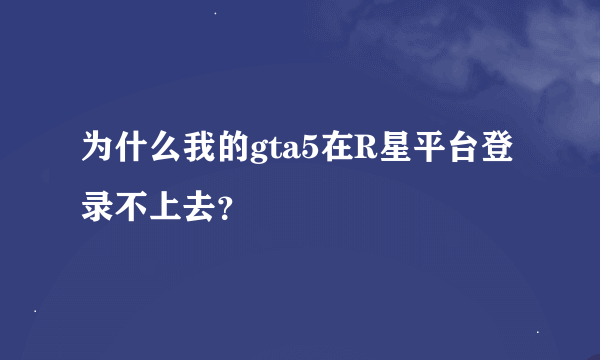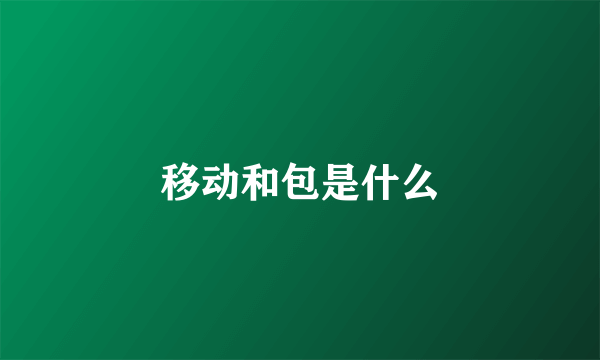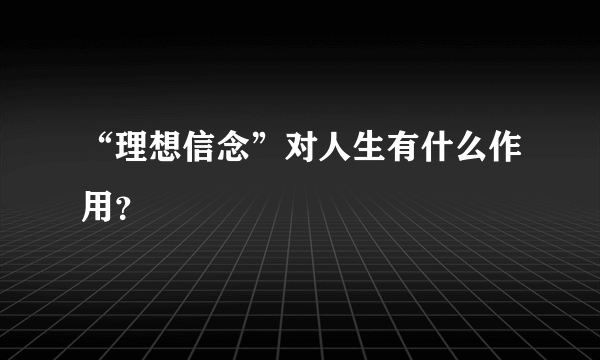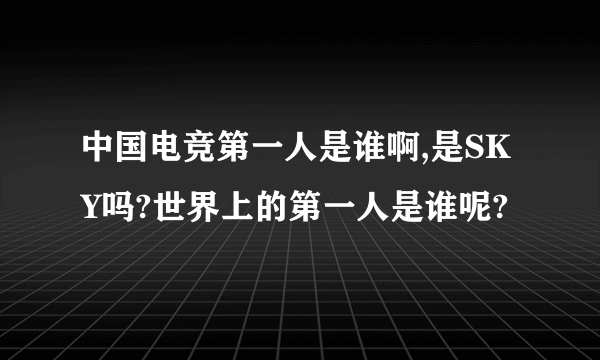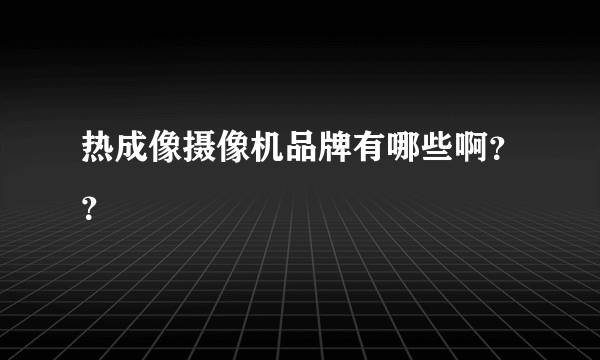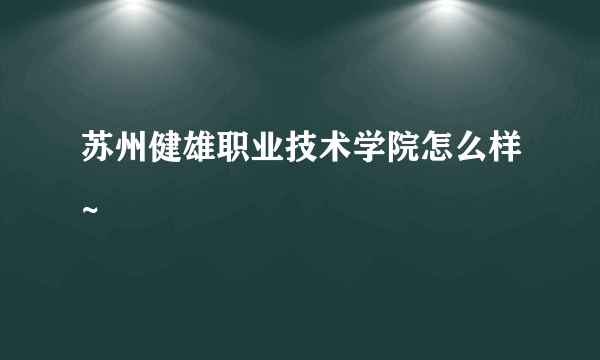used to do 和 be used to do有什么区别?
的有关信息介绍如下:"used to do" 和 "be used to do" 都是表示过去或现在的习惯或适应性的短语,但它们在释义、用法、使用环境、影响范围和形象方面存在一些区别。

1. 释义区别:
- "used to do" 表示过去的习惯或经常发生的动作,强调已经不再持续进行。
- "be used to do" 表示相对长期的适应性或习惯,并强调已经习惯于某种状态或行为。
例句:
- I used to play the piano when I was younger.(我小时候常常弹钢琴。)
- She is used to working late.(她习惯加班到很晚。)
2. 用法区别:
- "used to do" 后跟动词原形,表达过去发生的反复动作或习惯。
- "be used to do" 后跟动词的被动形式,表示经常或习惯性地接受某种行为或状况。
例句:
- He used to live in Paris.(他过去住在巴黎。)
- The house is used to host parties.(这座房子经常被用来举办聚会。)
3. 使用环境区别:
- "used to do" 可以用于肯定句、否定句和疑问句中,表示过去的习惯或经常发生的动作。
- "be used to do" 通常用于肯定句中,表示适应性或习惯。
例句:
- We used to go camping every summer.(我们过去每个夏天都去野营。)
- I am used to the hot weather here.(我已经习惯这里的炎热天气。)
4. 影响范围区别:
- "used to do" 限定在过去,并不涉及现在的状态或习惯。
- "be used to do" 强调当前状态或现在的习惯。
例句:
- She used to live in London, but now she lives in New York.(她过去住在伦敦,但现在住在纽约。)
- They are used to eating spicy food.(他们习惯吃辣食。)
5. 形象区别:
- "used to do" 强调行为或状态的转变,突出过去与现在的对比。
- "be used to do" 强调适应性和习惯,突出持续性或反复发生的情况。
例句:
- He used to smoke, but he quit last year.(他过去抽烟,但去年戒了。)
- I am used to the noise in the city.(我已经习惯城市的噪音。)

